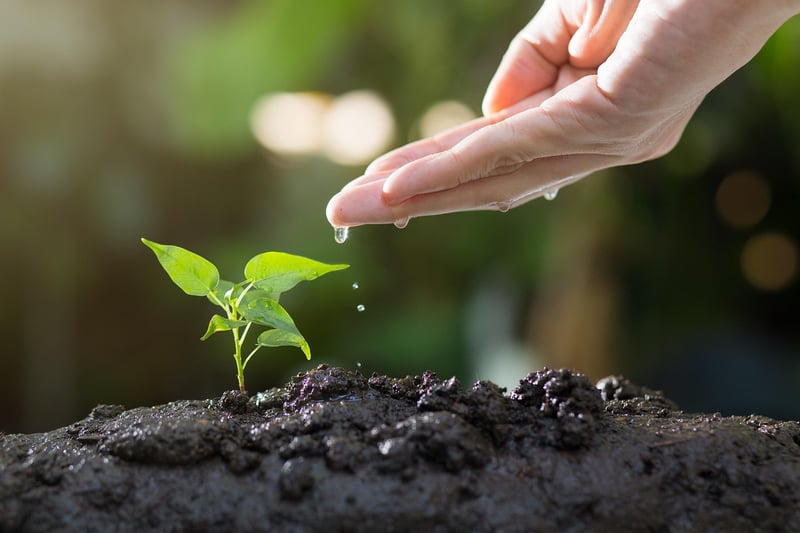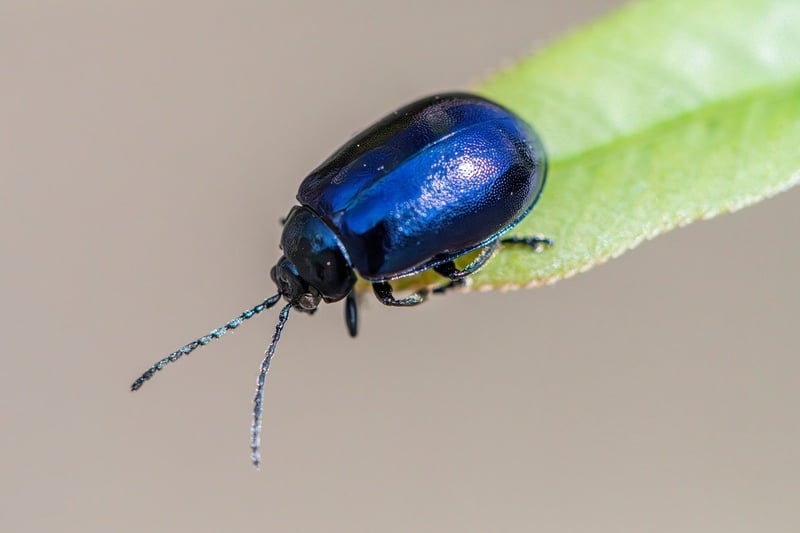Natural Pest Control
Environmentally-Friendly Gardening and Natural Pest Control
Creating a thriving garden while being mindful of the environment is a goal for many gardeners. By adopting environmentally-friendly gardening practices and utilizing natural pest control methods, you can achieve a beautiful garden that's in harmony with nature.
Benefits of Environmentally-Friendly Gardening
Environmentally-friendly gardening has numerous benefits, including:
- Reduced chemical exposure for you, your family, and pets
- Preservation of beneficial insects and wildlife
- Healthier soil and plants
- Contribution to a more sustainable environment
Natural Pest Control Methods
Instead of reaching for chemical pesticides that can harm beneficial insects and the environment, consider these natural pest control methods:
- Companion Planting: Planting certain combinations of flowers, herbs, and vegetables can help deter pests and attract beneficial insects.
- Biological Controls: Introduce natural predators like ladybugs, lacewings, or nematodes to combat pest populations.
- Homemade Remedies: Create organic sprays using ingredients like neem oil, garlic, or soap to repel pests.
- Physical Barriers: Use row covers, netting, or hand-picking to protect plants from pests.
Embracing Sustainable Practices
Aside from natural pest control, there are other sustainable practices you can incorporate into your gardening routine:
- Water conservation through drip irrigation or rainwater harvesting
- Composting to enrich soil and reduce waste
- Native plant selection to support local ecosystems
- Organic fertilizers to nourish plants without harmful chemicals
Conclusion
By embracing environmentally-friendly gardening practices and natural pest control methods, you can create a vibrant garden that thrives in harmony with nature. Not only will you enjoy a beautiful outdoor space, but you'll also contribute to a healthier environment for future generations.

Start your journey to a greener garden today!
For more tips and inspiration, visit Royal Horticultural Society.
